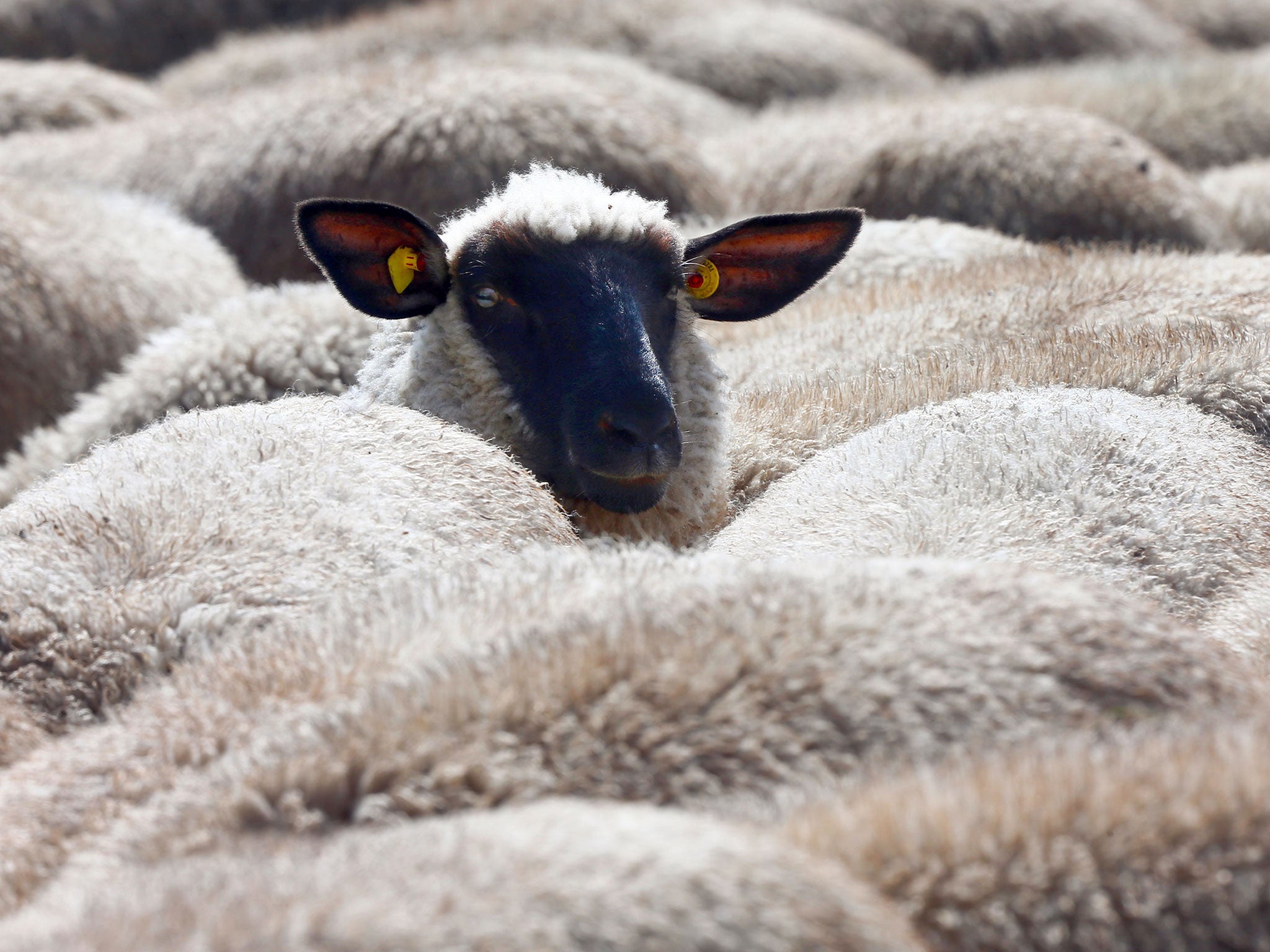Revealed: The 'gruelling' journey of live sheep exports from North of England to France

Your support helps us to tell the story
From reproductive rights to climate change to Big Tech, The Independent is on the ground when the story is developing. Whether it's investigating the financials of Elon Musk's pro-Trump PAC or producing our latest documentary, 'The A Word', which shines a light on the American women fighting for reproductive rights, we know how important it is to parse out the facts from the messaging.
At such a critical moment in US history, we need reporters on the ground. Your donation allows us to keep sending journalists to speak to both sides of the story.
The Independent is trusted by Americans across the entire political spectrum. And unlike many other quality news outlets, we choose not to lock Americans out of our reporting and analysis with paywalls. We believe quality journalism should be available to everyone, paid for by those who can afford it.
Your support makes all the difference.Sheep are being transported for up to 18 hours in hot, cramped conditions from the North of England to France, a charity’s investigation into live animal exports has found.
The British sheep and lambs were taken more than 600 miles to dimly lit sheds in France during the height of the summer, according to a report by Compassion in World Farming (CIWF) . The group found that sheep were contained in trucks for up to 18 hours while being driven from the Sheffield area to the Deux-Sevres region of France.
Its chief executive, Philip Lymbery, said: “On top of the gruelling journeys these animals are often subjected to, this latest discovery will shock many who see British sheep as belonging in our fields and on our hillsides.”
Dutch hauliers took the consignment of 500 sheep almost 650 miles in July when temperatures were in the high 20s, a spokesman for the charity said. Animals were packed together so tightly that they could not all lie down at the same time.
CIWF is calling on the Government to change the law to allow ports to refuse the trade in live animals if they wish, which would leave them free of the fear of financial penalty from hauliers seeking compensation if they chose to block live animal exports.
PA
Join our commenting forum
Join thought-provoking conversations, follow other Independent readers and see their replies
Comments